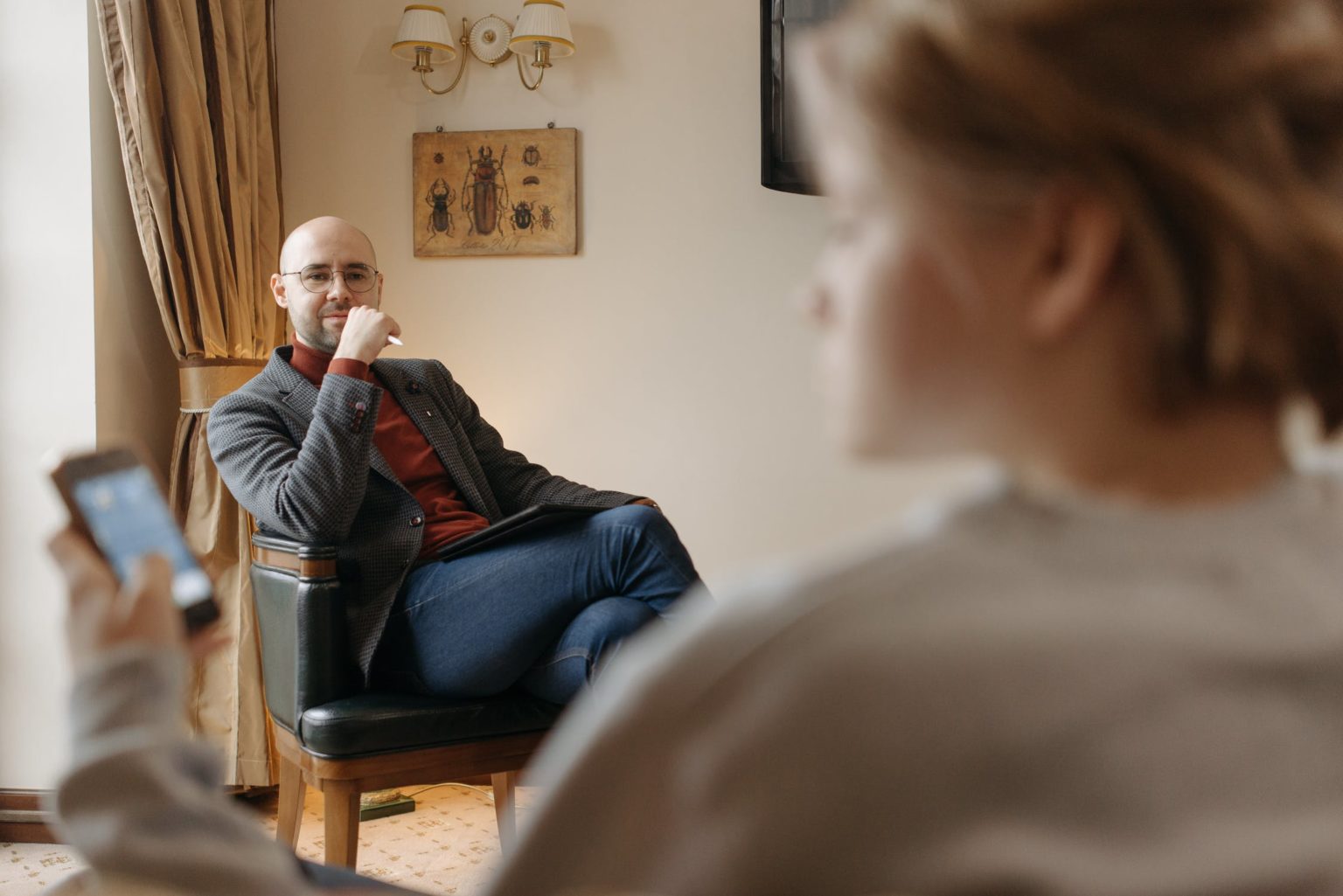Many people make the mistake of assuming group therapy is reserved for support groups for addiction and other behavioral issues. The reality is that therapists all over the world hold group therapy sessions for caregivers, people with chronic or acute health conditions, families, businesses in crisis, and more. There are support groups with group therapy by licensed marriage and family therapists or social workers in nearly every industry and group setting imaginable. If you’ve ever wondered about what group therapy is, how it works, and what it’s all about, read on for a closer look.
Receiving Support

One of the best things about group therapy is that it’s a way to get support from peers who are going through similar problems and situations in their own lives. Instead of having only one therapist to listen to your problems and offer solutions, group members have one another to bounce ideas off of. Some people even make friendships through the people they meet in group therapy sessions.
Practicing Skills

While in group therapy, odds are that the psychologist running group sessions will ask participants to engage with one another through things like role-play. For example, if a group member was having trouble with a parent, the therapist might ask another group member to role-play that parent’s position while the original group member practiced communicating with their loved one. In short, through group therapy, it’s easy to practice interactions and interpersonal relationship skills in advance of trying them in real life with the people you love most.
In group therapy, you’ll learn how to listen to people’s tones and underlying messages and work through conflict without bigger issues. These are skills you’ll be able to apply to your own life. Group members will also be given resources that apply to their individual circumstances. A DBT group for people with personality disorders, for example, would come with workbooks meant to reduce anxiety and promote positive interaction.
Group therapy often comes with homework the same way individual therapy sessions do. One perk of working with a group is that you’ll be more likely to complete therapeutic assignments simply because you’ll be more accountable and the group will be depending on you. While some find the structure of groups helpful, others prefer individual therapy or traditional therapy in conjunction with group work. For this reason, it’s important to be honest with yourself and your therapist about what’s working for you and what isn’t.
Understanding Group Dynamics and Real-Life Application

A group therapist will be skilled at using the experiences of group members to help the larger group as individuals during each session. While it’s possible you’ll spend the bulk of a session focusing on someone else’s issues, the therapist will be able to make that content relatable to you and your situation. In fact, many group therapists will see a group for a larger session but also meet with each group member individually to see how they’re experiencing the group. This can be a valuable way to practice social skills in a larger group dynamic similar to what you might run into at home or work.
Group psychotherapy is different from individual psychotherapy because this form of psychotherapy offers the additional benefit of group activities. Whether you’re considering attending group therapy for personal growth, relaxation training, learning to manage chronic pain, anger management, or any reason at all, it’s important to understand that being in a group setting will give you the ability to practice your interpersonal relationship communication skills and more.
Whether it’s a role-play exercise your therapeutic group conducts or your group is focused on personal growth, taking time to join a group to work on your own problems while helping others could be a great way to make the most of new skills and a better future.




